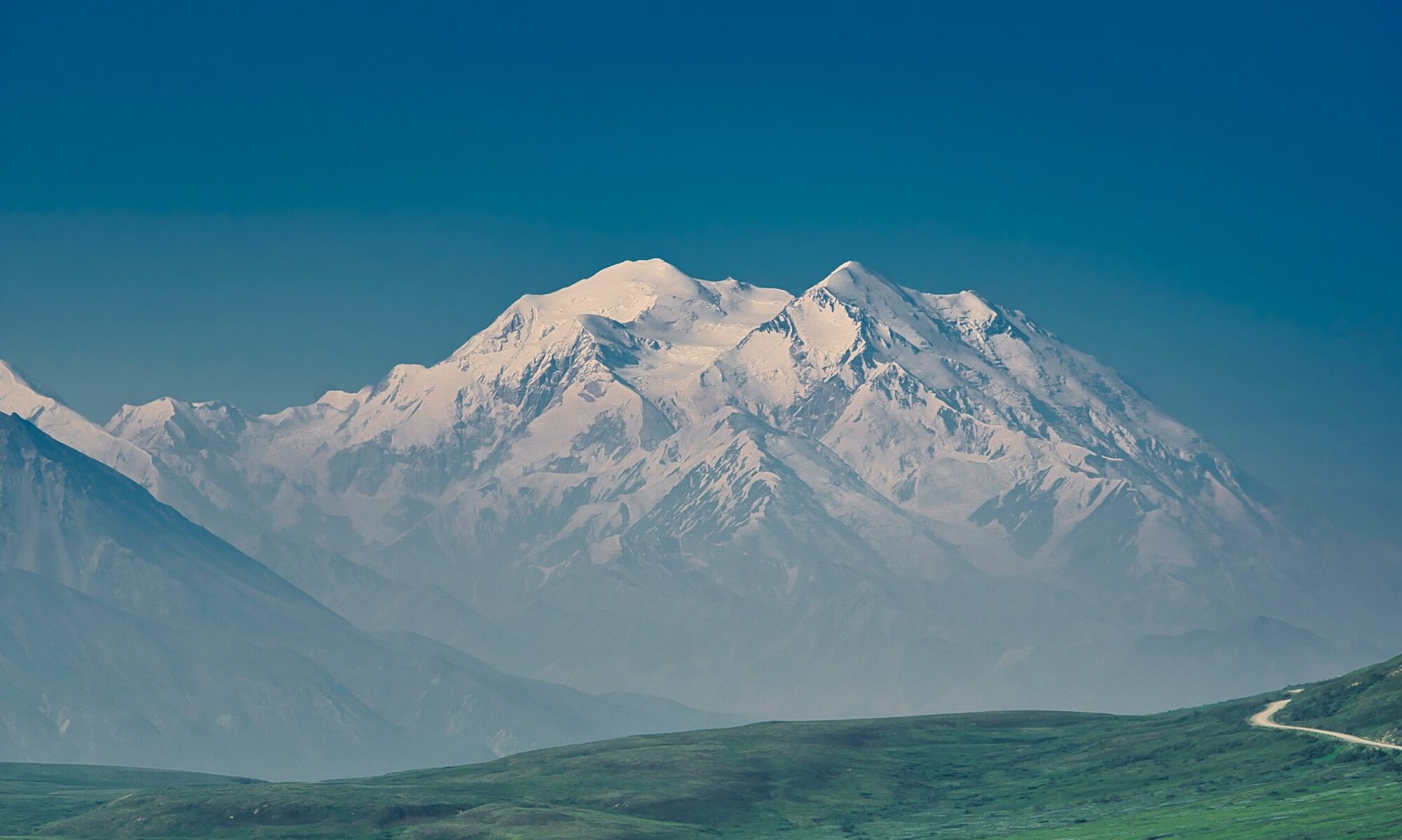
When it comes to playing it safe in the wilderness or anywhere, your best survival tool would have to be preparation. In the long run, knowing the perfect way to track game, move silently, and forage for food may help you, but not so much as always having the right supplies with you. Here are a few ways having the right kits with you can do wonders for improving your camping trip, hiking trip, or hunting expedition.
Food is a common issue when it comes to roughing it in the wilderness. Oftentimes inexperienced campers end up packing too much to too little. However, by investing in various canned, dehydrated, and freeze-dried meals, you can have plenty of food without taking up too much space. Another advantage to these meals is that they take minimal preparation and have a naturally lengthy shelf life, making them ideal for longer trips. For shorter trips, foods such as jerky, dried fruit, trail mix, and granola are all good snacks to carry. Be sure to have extra water with you on all times as well. Should you decide to forage for greens, berries, or mushrooms, be sure to consult a field guide before making any big decisions. Caution is one of the most important survival tool skills, after all, and it wouldn’t do to accidentally ingest anything poisonous.
Having been stranded for a period during an ice storm, I have been thinking about what I would need to do if it happened again. So I invested in a three-month supply of survival foods. Recently, I checked Amazon to see what else was available in freeze dried foods. I found more variety and better prIces. You may want to check these out. I am ordering more. Since I am living on a limited retirement income, I think I arranged this list, so I am an affiliate. It will not cost you anymore but it you check it out and decide to order from here, I might get a few pennies or two. Here is the link to the Amazon freeze dried foods list.
Knowing how to use a survival tool first aid kit is also an important survival tool. Whether you’re planning a short camping trip or a lengthy expedition, it’s essential that you have at least a basic kit on hand. After all, it only takes one slip up to result in a nasty burn, a sprained ankle, or a broken leg. Basic first aid kits often include bandages, disinfectant, antibiotics, and painkillers among other supplies. Larger kits may also have sewing needles, splints, rash creams, vitamin supplements, and other supplies. If you have any medication, be sure to bring a few extra day’s worth of dosages with you in case you need them.
Finally, it’s a good idea to bring a few precautionary devices with you that will be useful if you get lost. The point of this survival tool isn’t just to help you reach civilization, but also to help others reach you in the event of an emergency. Some basic tools for this kit include compasses, GPS navigators, flashlights, and emergency flares. Some GPS devices also come with emergency buttons that allow you to alert authorities of an emergency. Learn more about the importance of a survival tool kit today!
And when I checked Amazon, I found thousands of items on a Survival tools list. (Another affiliate list). So much stuff out there, so little money.


